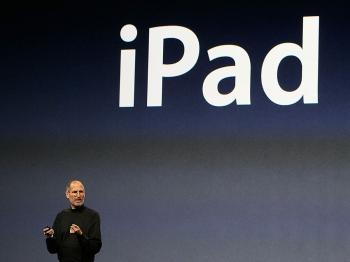Microsoft announced that it was planning to build a “privacy mode” into the next version of its flagship browser, Internet Explorer 8. Satya Nadella, senior vice president of Microsoft’s search and portal platform group, announced the feature at a meeting with reporters.
Bloggers monitoring Microsoft news also reported that Microsoft had filed two patents called “Cleartracks” and “Inprivate” which appear to be related to the new feature. According to the patent filings, While Cleartracks deals with “deleting search history after accessing Web sites,” Inprivate is supposed to handle “disabling the history and file caching features of a Web browser” and “controlling the information others can access.”
Privacy mode, also known as private browsing, is a feature that allows users to browse websites without being logged or having their browsing data saved on the local computer.
The privacy mode feature is already present on the latest version of Apple’s Safari browser, which is available for Windows and the Mac operating systems.
Mozilla is believed to have almost integrated a similar feature in Firefox 3, but pulled the plug on it close to launch. Johnathan Nightingale, Mozilla’s security user interface designer, said in mid-June that the feature had to be pulled from the launch because of the amount of core changes needed and because “we didn’t want to put in something that was half baked.”
Programmers working on Firefox are reported to be continuing work on a private browsing feature for Firefox.
Bloggers monitoring Microsoft news also reported that Microsoft had filed two patents called “Cleartracks” and “Inprivate” which appear to be related to the new feature. According to the patent filings, While Cleartracks deals with “deleting search history after accessing Web sites,” Inprivate is supposed to handle “disabling the history and file caching features of a Web browser” and “controlling the information others can access.”
Privacy mode, also known as private browsing, is a feature that allows users to browse websites without being logged or having their browsing data saved on the local computer.
The privacy mode feature is already present on the latest version of Apple’s Safari browser, which is available for Windows and the Mac operating systems.
Mozilla is believed to have almost integrated a similar feature in Firefox 3, but pulled the plug on it close to launch. Johnathan Nightingale, Mozilla’s security user interface designer, said in mid-June that the feature had to be pulled from the launch because of the amount of core changes needed and because “we didn’t want to put in something that was half baked.”
Programmers working on Firefox are reported to be continuing work on a private browsing feature for Firefox.






